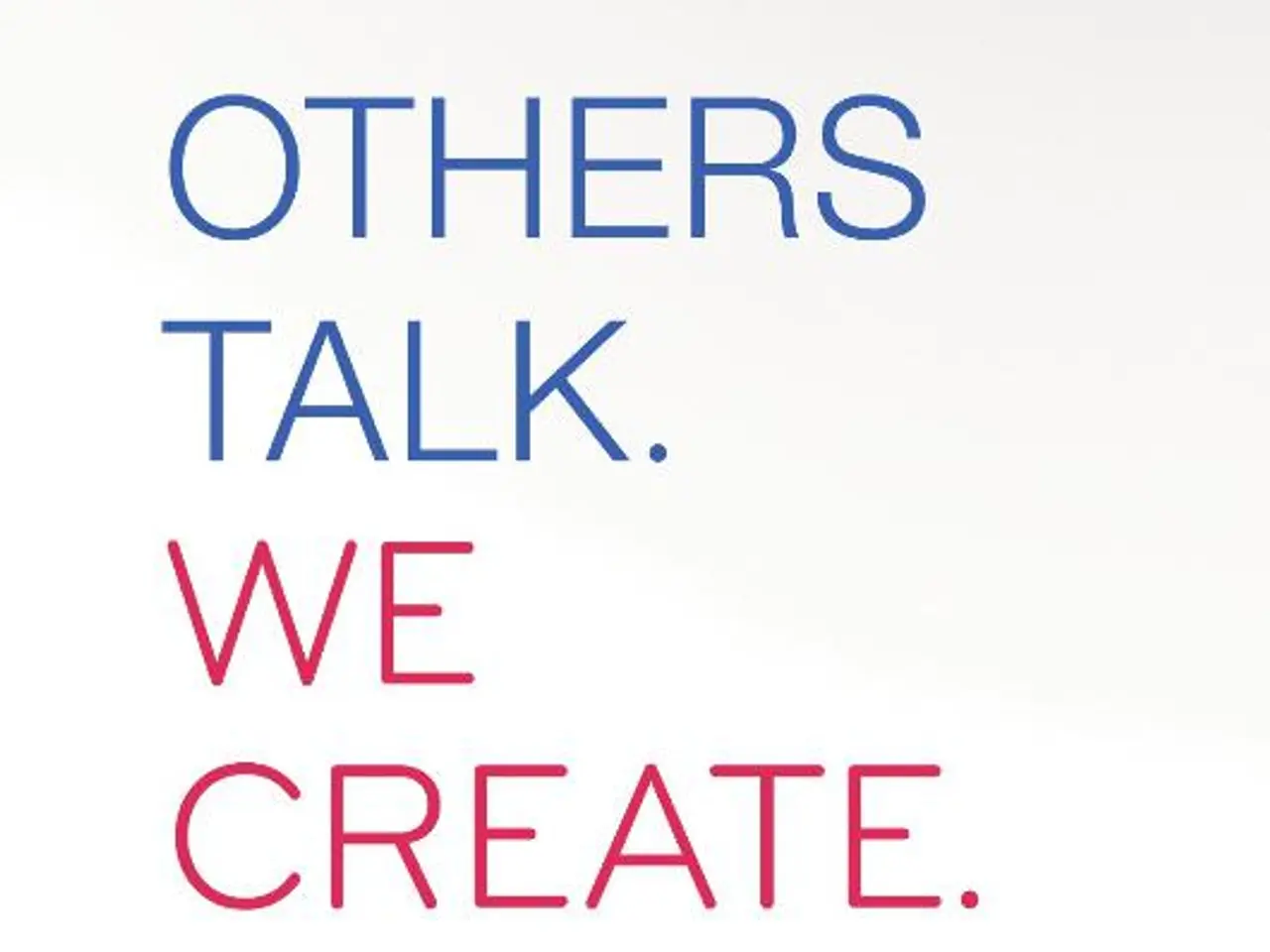Judge nominated by Trump under scrutiny after a viral video surfaces, showcasing her views on dwarf-tossing incidents
Neomi Rao, a legal scholar and judge on the U.S. Court of Appeals for the District of Columbia Circuit, has been at the centre of debate due to her controversial opinions on various social and legal issues. Her views on dwarf tossing, affirmative action, and LGBTQIA+ rights have sparked significant controversy, primarily due to their legal reasoning and social implications.
Dwarf Tossing
In the past, Rao has advocated for a libertarian and legal argument against blanket bans on dwarf tossing events. She frames these as matters of personal autonomy and free expression. However, disability rights advocates view dwarf tossing as demeaning and exploitative. Critics argue that Rao's stance undermines protections against harmful discriminatory practices, while supporters maintain that the government should not overstep into consensual adult activities.
Affirmative Action
Rao has expressed skepticism about affirmative action policies, particularly race-based preferences in education and employment. She advocates for colorblind legal interpretations and believes that affirmative action can perpetuate division and undermine meritocracy. This stance aligns with conservative jurisprudence advocating equal treatment under the law without race-conscious remedies. Critics, however, argue that affirmative action is necessary to address systemic inequalities and historical discrimination.
LGBTQIA+ Rights
Rao's judicial record shows a conservative lean, including skepticism about expansive interpretations of LGBTQIA+ protections beyond established statutory language. She has questioned broad federal mandates related to gender identity, focusing on statutory text and separation of powers rather than policy outcomes. Critics characterize her opinions as insufficiently protective of LGBTQIA+ rights, while supporters see them as rooted in textualist legal principles.
This summary offers a contextual analysis of Rao's controversial views, reflecting the legal and ideological frameworks informing her opinions. It relies on established public knowledge of Rao's jurisprudence and public statements available before June 2024.
Throughout her career, Rao has faced criticism for her opinions on dwarf tossing, a highly deplorable act, and her comments on LGBTQIA+ rights. In 2011, disability rights activist Rebecca Cokley was among the first to call out Rao's opinions.
In recent times, a TikTok video by Aubrey Smalls, host of the channel Dwarfism History, has critiqued Rao's past remarks about dwarf tossing. Smalls argues that mainstream portrayals of dwarf tossing normalize it and reduce acting opportunities for little people.
Rao's controversial views and her loyalty to former President Donald Trump underscore the political nature of judicial appointments, especially in the current political climate. During her confirmation hearing, Rao defended her stance on dwarf-tossing, claiming she was only "pointing out" the issue and didn't "take a position one way or another."
In 2016, actor Martin Henderson, who was paralyzed after being randomly picked up and thrown outside a pub during a "dwarf tossing" event, became a symbol of the harmful effects of such acts. Peter Dinklage highlighted Henderson's story when he won the Golden Globe for Best Supporting Actor in 2012. Rao later tried to clarify her statements, calling them "common sense observations" and expressing regret for any implication of victim-blaming.
Rao has also faced criticism for using the term "Oreo" in a discriminatory manner. Despite these controversies, Rao holds one of the most powerful judicial positions in the country.
- Neomi Rao's views on dwarf tossing, an act widely criticized for its demeaning and exploitative nature, have been contentious, with disability rights advocates asserting that her libertarian stance undermines protections against harmful practices.
- On the issue of affirmative action, Rao's skepticism towards race-based preferences in education and employment, and her advocacy for colorblind legal interpretations, has aligned her with conservative jurisprudence but sparked criticism that she undermines efforts to address systemic inequalities.
- Rao's conservative lean on LGBTQIA+ rights has attracted criticism for her skepticism towards expansive interpretations of protections beyond established statutory language, with opponents arguing her opinions are insufficiently protective of these rights.






